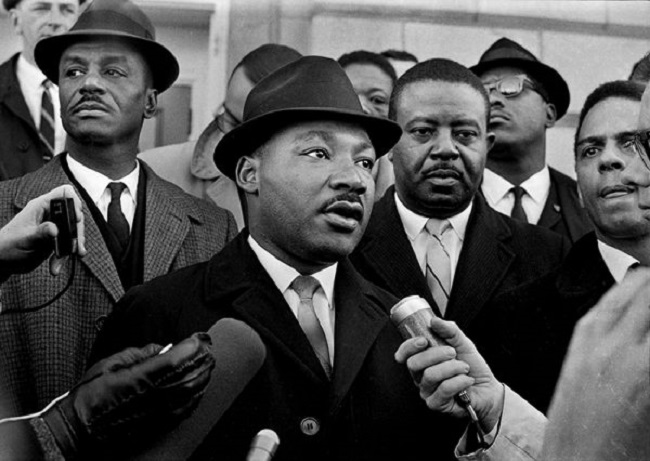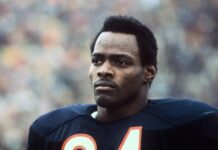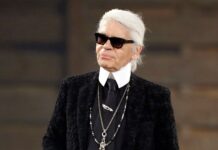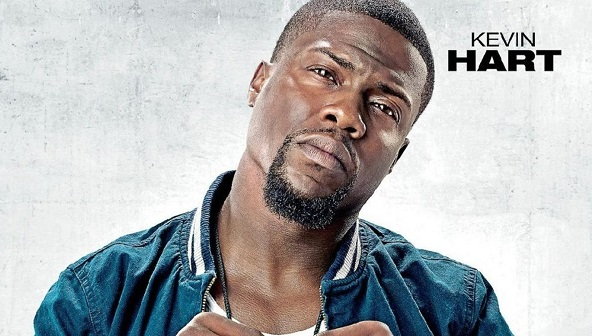Martin Luther King Jr.: The Voice of Civil Rights and Legacy of a Dreamer
Dr. Martin Luther King Jr., with his indomitable spirit and belief in equality, became an emblematic figure in the American Civil Rights Movement.
His life, marked by his passion and dedication to ensuring justice and equality for African Americans, still resonates today. This article delves into the life, achievements, and profound impact of Dr. King.

What You Want to Know?
Who Was Martin Luther King Jr.?
Dr. Martin Luther King Jr. was a Baptist minister and social activist who emerged as the leading figure in the American Civil Rights Movement from the mid-1950s until his assassination in 1968.
He was born on January 15, 1929, in Atlanta, Georgia, and was influenced by religious and family values from a young age.
Read Also:
Why Was Martin Luther King Jr. So Famous?
Non-Violent Resistance: Dr. King is best known for his role in the advancement of civil rights using nonviolent civil disobedience, a strategy heavily influenced by Mahatma Gandhi. His advocacy for peace and equality positioned him as a symbol of hope during turbulent times.
Iconic Speeches & Marches: King’s “I Have a Dream” speech, delivered during the 1963 March on Washington, is one of his most iconic moments. It cemented his reputation as a master orator and an inspirational leader.
The Tragic End
Tragically, Martin Luther King Jr. was assassinated on April 4, 1968, in Memphis, Tennessee. He was just 39 years old. His death was not just a loss to his family but to an entire nation that saw in him the hope for a brighter, more inclusive future.
A Nation Mourns: Funeral & Tributes
After his assassination, a wave of sorrow swept across America. King’s funeral was attended by thousands, both common citizens and prominent figures. His life and mission were celebrated, and his death galvanized many to continue his fight for civil rights.
Achievements and Recognitions
Throughout his life, Dr. King authored several books, including “Stride Toward Freedom” and “Where Do We Go from Here: Chaos or Community?” His words in speeches and writings have also been converted into numerous songs, paying tribute to his legacy.
In recognition of his efforts, King received numerous awards and accolades, including the Nobel Peace Prize in 1964.
Personal Life & Influences
Dr. King was heavily influenced by Christian teachings and the peaceful resistance strategies of Mahatma Gandhi. To answer a common question: Yes, Martin Luther King Jr. held great admiration for Gandhi and his principles.
However, contrary to some beliefs, Dr. King was not a lawyer; he was a minister and a Ph.D. holder in Systematic Theology.
He was born to Reverend Martin Luther King Sr. and Alberta Williams King. His family environment and his faith became foundational influences in his life and activism.
Continuing The Legacy
The legacy of Martin Luther King Jr. goes beyond his accomplishments during the Civil Rights Movement. His teachings, writings, and life story continue to educate and inspire generations globally.
His advocacy for peace, justice, and unity remains a beacon of hope, making Dr. King one of the most revered figures in modern history. Through annual MLK Day celebrations, monuments, and continued educational emphasis, his message of love and equality continues to resonate.
Read Also:
In Conclusion
Dr. Martin Luther King Jr.’s dedication to civil rights, justice, and nonviolent resistance left an indelible mark on American history. His life and teachings serve as a testament to the enduring spirit of resilience and the relentless pursuit of justice.







































